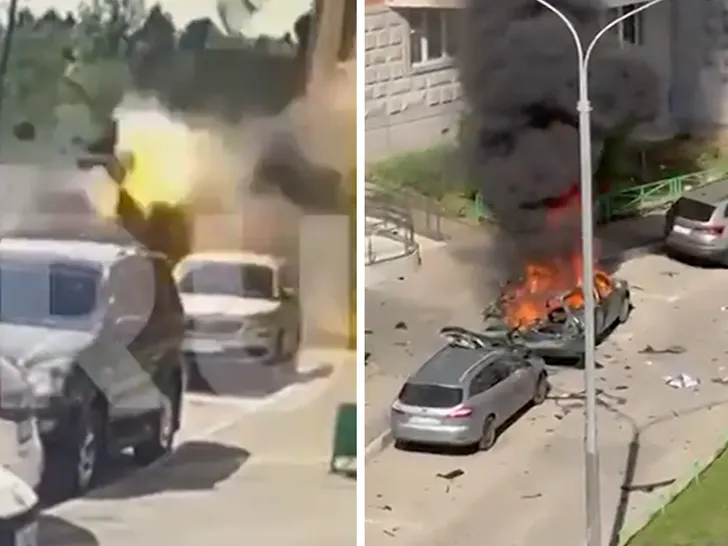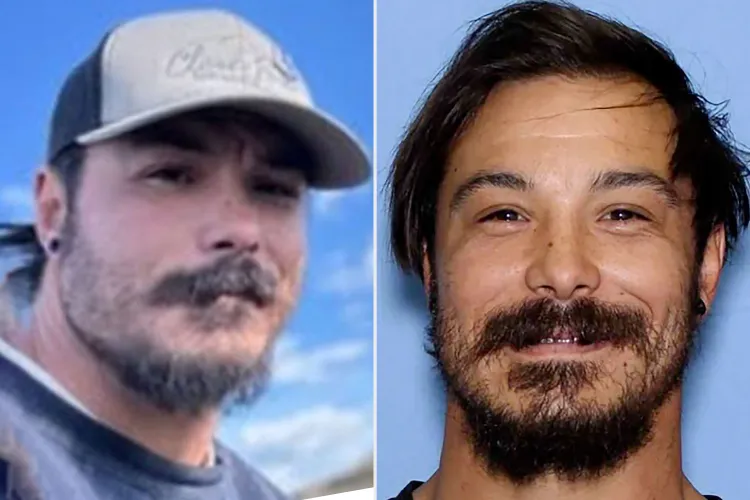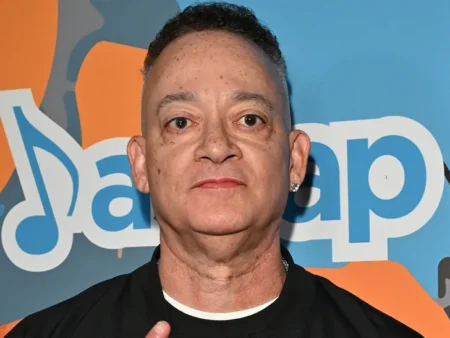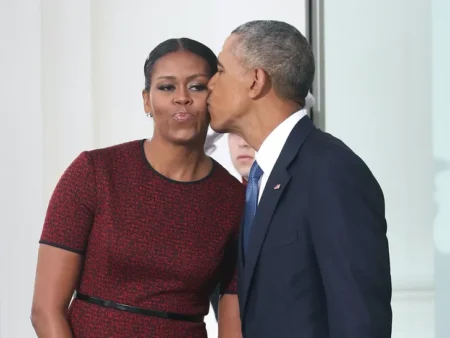In a brazen and chilling assassination straight out of a spy thriller, Lieutenant General Yaroslav Moskalik, a senior figure in the Russian military, was killed Friday in a devastating car bombing in Balashikha, a city just outside Moscow. The dramatic moment of the explosion was captured on video, and it’s sending shockwaves across Russia and beyond.
Caught on Camera: General Walks Into Blast Zone
Video footage circulating online shows a man identified by Russian authorities as General Yaroslav Moskalik walking casually down a sidewalk beside a parked Volkswagen Golf. Without warning, the car detonates, erupting in flames and sending deadly shrapnel flying. The blast instantly kills Moskalik, leaving the sidewalk drenched in blood and twisted metal.
The entire explosion was caught on film by an unidentified person who appeared to be recording the scene moments before the fatal blast — fueling speculation that the attack may have been coordinated and closely monitored.
Russian Authorities Confirm Details of the Attack
Russia’s Investigative Committee has confirmed that the explosion was caused by an improvised explosive device (IED) that had been rigged with shrapnel and hidden inside the Volkswagen Golf. The bomb appeared to be timed or remotely detonated just as Moskalik passed by, ensuring a direct and deadly impact.
Photos from the scene show a charred, smoking wreckage and heavy security presence as emergency teams secured the area.
Who Was General Yaroslav Moskalik?
General Moskalik held a high-ranking position within Russia’s military command. He served as the Deputy Head of the Main Operations Directorate of the General Staff of the Russian Armed Forces — a role that made him deeply involved in Russian military planning and intelligence.
His sudden and violent death marks one of the most significant assassinations of a Russian military leader in recent years, especially within the borders of Russia itself.
No Group Has Claimed Responsibility
As of now, no group or individual has come forward to claim responsibility for the bombing. Given Moskalik’s seniority and military status, analysts say the attack could be linked to foreign intelligence operations, internal power struggles, or revenge from anti-Kremlin groups — but no solid evidence has emerged to support any theory.
The Russian government has not officially named any suspects, though a full-scale investigation is reportedly underway.
Timing Raises Eyebrows: U.S. Special Envoy in Moscow
Adding even more intrigue to the situation is the fact that the bombing occurred on the same day that Steve Witkoff, President Donald Trump’s Special Envoy, was in Moscow for a three-hour closed-door meeting with Russian President Vladimir Putin.
While there is no indication that the two events are connected, the coincidence has sparked chatter on both social media and in diplomatic circles. Some observers have even questioned whether the assassination was intended to send a message to Moscow or to foreign visitors.
A Disturbing Pattern?
The bombing comes amid a growing number of mysterious deaths and violent attacks targeting Russian officials, businessmen, and military personnel. Over the past two years, several high-ranking individuals have died under suspicious circumstances — including falls from windows, plane crashes, and apparent poisonings — all fueling speculation about political instability, internal purges, or clandestine reprisals.
This latest killing, however, is one of the most public and overt acts of political violence yet — raising alarms within Russia’s security apparatus.
Global Reaction and Implications
The international community is closely watching how the Kremlin responds. If the attack is confirmed as an assassination by a foreign or domestic actor, it could escalate tensions between Russia and its adversaries, particularly in the context of ongoing conflicts and geopolitical maneuvering.
So far, President Vladimir Putin has not issued a formal statement, though Kremlin insiders say intelligence officials have been ordered to fast-track the investigation and enhance security for other high-profile military figures.
What Happens Next?
As the probe into General Moskalik’s assassination intensifies, experts expect a heightened security presence in and around Moscow, including possible military lockdowns and surveillance sweeps in government zones.
If suspects are identified, the Kremlin is likely to use the incident to justify crackdowns on perceived enemies of the state — whether foreign or domestic.













